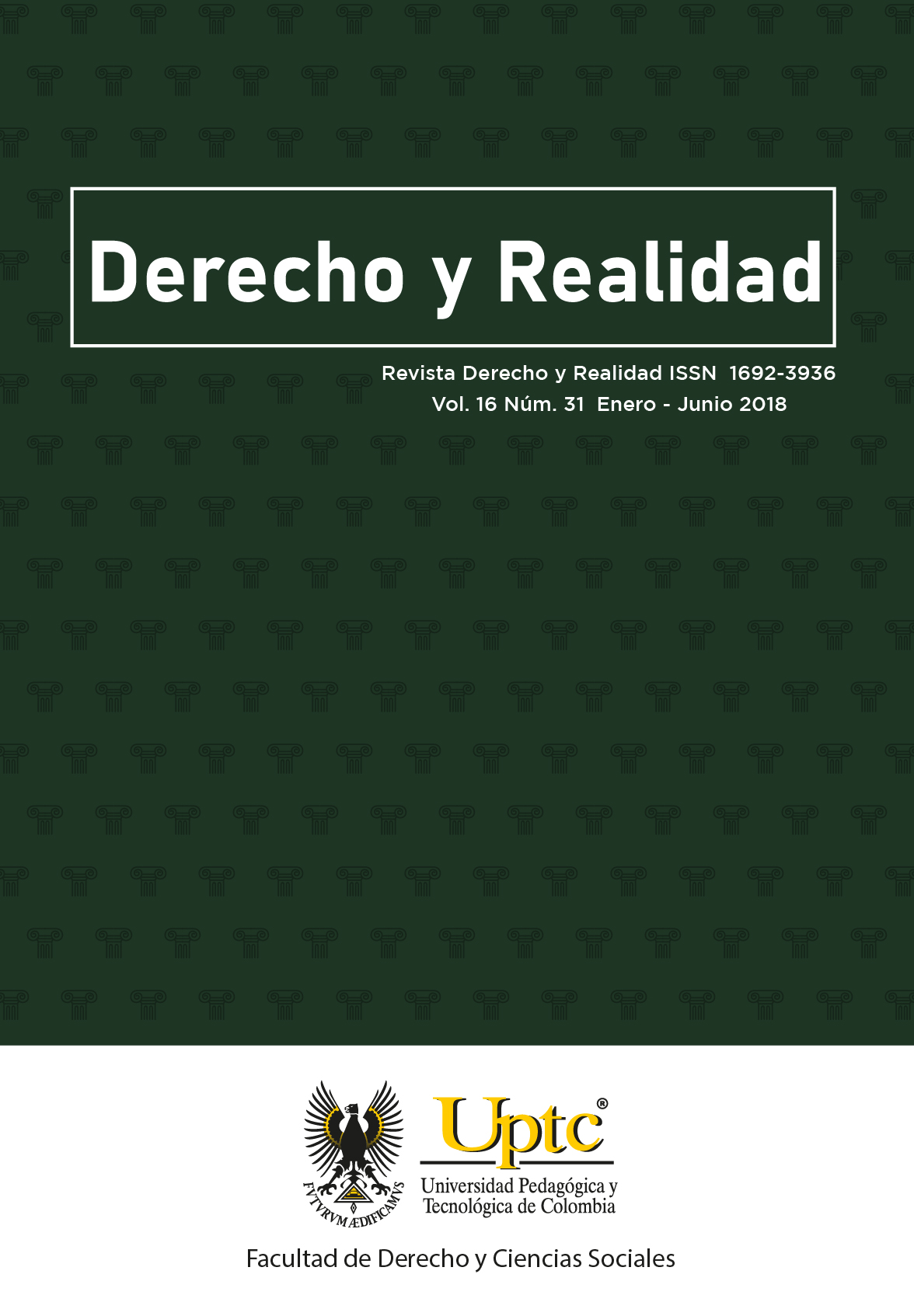Traces of the first Colombian telenovela and its historical reference with human rights

Abstract
The intended work aims to clarify the theme of the soap opera, the history, the situations of the detention centers and women. For this, from the book by E H Carr What is history? (Carr,1978) there are two citations in mention:
One from The Cambridge Modern History: Its origin, Authorship nad Production (1907), pp. 10-12. “We cannot, in this generation, formulate a definitive history; but we can do away with conventional history, and show what point we have reached on the journey from this to that, now that all the information is accessible, and that every problem is capable of being solved. The other with reference to The New Cambridge Modern History, i (1957), p. XXIV-XXV, which reads: “The exploration does not seem to have limits and there are impatient researchers who take refuge in skepticism, or at least in the doctrine that, since all historical judgments implies people and points of view, all are equally valid and there is no historical truth - objective- " Carre, 1978)
Now, more than a hypothesis. there is the reflection between soap opera and history and reality to say that fiction is not pure in its essence but that it resorts in part to reality as well as to historical memory.
It has a research design that seeks to trace a real event that is identified with the fictional situation without leaving the historical within the dynamic, which allows marking boundaries between that reality, fiction and history.
In the study it was evidenced that circumstances converge in a time and place way not only in reality but also in history and fiction.
What has been said shows the results to be connected in a harmonious way between reality and theory and allows the follow-up of future studies or subsequent analysis from the framework of Law in the line of the chronicle.
Keywords
Tv, history, law, fiction, reality, chronicle, review
Author Biography
Over Humberto Serrano Suárez
Lawyer from the Universidad Libre with a master's degree in Political Studies; master's degree in Criminal Law and Criminology; specialization in Legal Sociology, Forensic Anthropology, Philosophy of Law and Legal Theory. Book author and international speaker
References
- Anuario colombiano de historia social y de la cultura, (2006) Número 33. 2006, pp. 183-206 Universidad Nacional de Colombia, Recuperado http://redalyc.uaemex.mx/pdf/1271/12711258
- Bernardo Romero Pereiro (26 de junio 2011). Recuperado de: C3%B1o+de+bernardo+ romero+pereiro&source=bl&ots=I-M3LapXy3&sig=B5aWk5vVOHgFjPOUx7iUQx6-ZkA&hl=es&ei=aZiFSsziJdW2lAef_-iCBQ&sa=X&oi=book_result&ct=result& resnum=5#v=onepage&q&f=false.
- Books google (26 de junio 2011) Recuperado de: http://books.google.com.co/ books?id=pbntnTB9hWsC&pg=PA153&lpg=PA153&dq=casi+un+extra
- Carr E. H “(1978) ¿Qué es la historia”, biblioteca breve, editorial Seix Barral, S. A, Barcelona, 8ª edición 1978.
- Colarte (2011) Recuperado de: http://www.colarte.com/colarte/titulo.asp? idtitulo=377&iconografia=true (26 de junio de2011).
- Díaz, Susa. (2011). “Situación de la mujer rural colombiana” Cuadernos tierra y Justicia (28 de junio de 2011) Recuperado de: http://www.kus.uu.se/CF/Cuaderno_09.pdf
- Ercole Raquel. (27 de junio de 2011). Raquel Ércole, en Colarte Recuperado http://www.colarte.com/Actores/ErcoleRaquel/recuento.htm.
- Herrera Martha Cecilia. (2011). La educación de la mujer en Colombia: ¿un asunto de inclusión ciudadana? Apuntes históricos sobre género y cultura política. Compilación IX Cátedra Anual de Historia Ernesto Restrepo Tirado 28 al 30 de octubre de 2004: Mujer, naión, identidad y ciudadanía: siglo XIX y XX. Ministerio de Cultura, Colombia.
- Historia en breve de la televisión colombiana (26 de junio de 2011). Recuperado http://www.colarte.com/actores/General/recuentoTV.asp,
- La telenovela, una cronología (2011). Recuperado http://www.eictv.co.cu/miradas/index.php?option=com_content&task=view&id=328&Itemid=48 (26 de junio de 2011)
- López, N. (2006). “Los moradores de Gorgona: Protagonistas de un paradigma penitenciario en Colombia, 1959-1975”. Anuario Colombiano de Historia Social y de la Cultura, Número 33., pp. 183-206. Universidad Nacional de Colombia, (29 de junio de 2011). Recuperado http://redalyc.uaemex.mx/pdf/1271/12711258
- Migré, A. y Absatz C. (2006). “0597 da ocupado” editorial Biblos – Argentores, 1º edición, Buenos Aires.
- Páez, H., Ocampo, M. y Villarreal, N. 1989. Protagonismo de mujer, organización y liderazgo femenino en Bogotá, Ed. Guadalupe, Bogotá.
- Silva García, Germán “Historia de los castigos: La Isla Prisión Gorgona”, ¿Será Justicia? La crimi- nalidad y la Justicia Penal en Colombia (Bogotá: Universidad Externado de Colombia, 1997) 87.
- Turizo, R. 2000. “Unión de Ciudadanas de Colombia”, Mujeres que escribieron el siglo XX. Construcción del feminismo en Colombia, Revista En otras Palabras, 1, Grupo Mujer y Sociedad, enero - junio, Bogotá.
- Wills Obregón, María Emma (2005) “La inserción de algunas mujeres en política (1957–2002) ¿Trampa o empoderamiento? ¿Apuntes históricos sobre género y cultura política? Compilación IX Cátedra Anual de Historia Ernesto Restrepo Tirado 28 al 30 de octubre de 2004: Mujer, nación, identidad y ciudadanía: siglo XIX y XX. Ministerio de Cultura, Colombia.
- Wikipedia (26 de junio de 2011). Recuperado http://es.wikipedia.org/wiki/El_0597_ est%C3%A1_ocupado#Elenco